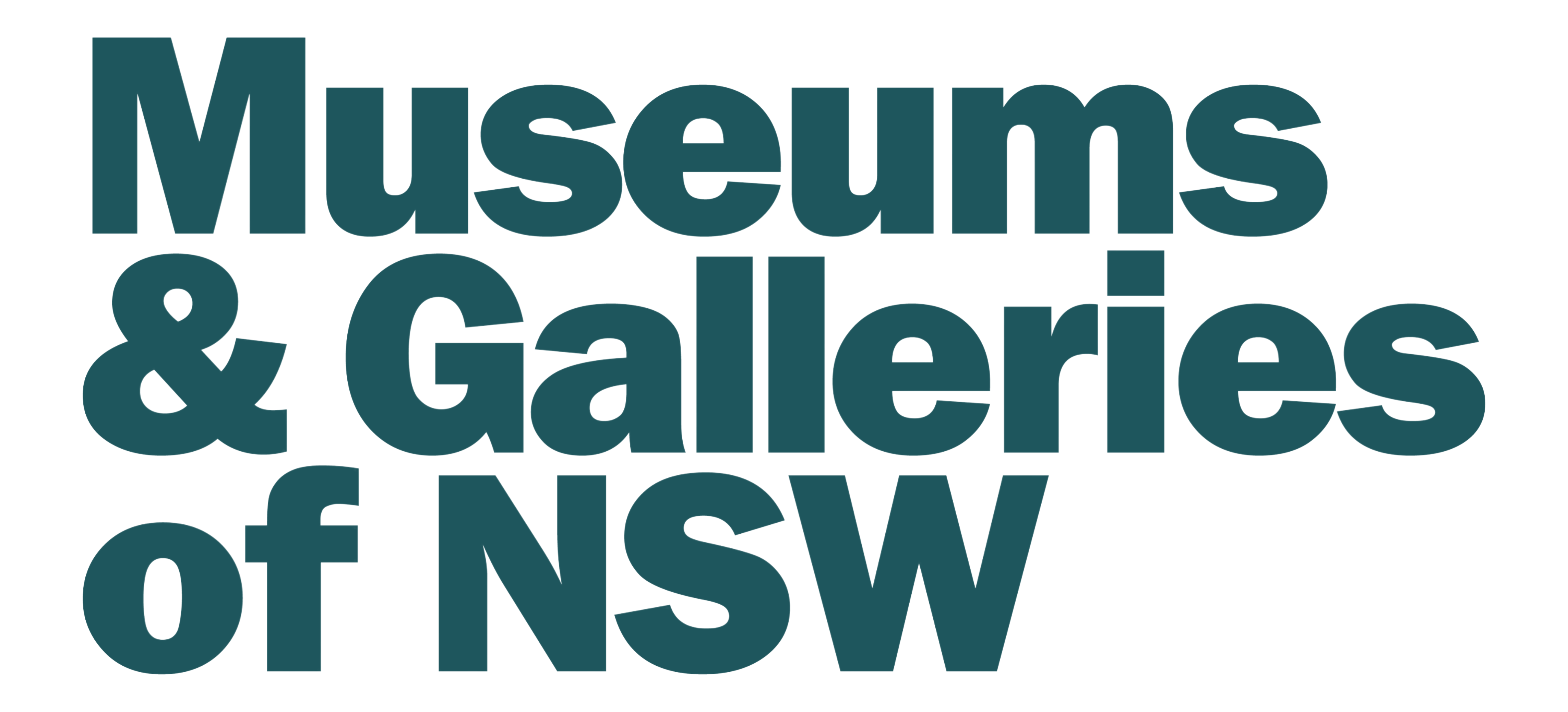How-to: Do oral history
What is oral history?
Oral histories tell personal stories. The study of history is closely aligned to storytelling from memory as an account of the past. Storytelling is central to culture.
Stories are more than their plot and more than the sum of their parts. Storytelling provides a way of organising information and allows us multiple ways of connecting the dots within that information.
Story transports the audience and takes them elsewhere. Understanding the role of story as part of an interpretative strategy for a museum is crucial.
Oral histories allow us to share our lives, connect with others and expand our emotional vocabulary.
Oral histories are important in a museum because they:
- document personal recollections before it’s too late
- connect people and their memories with objects, places and previous eras
- give an eyewitness account of an event or situation and present the human experience
- make heritage and history accessible
- help collect the hidden meanings in objects
Using oral histories
Oral histories can be considered as objects in their own right. They can be made available to visitors in an audio form or interpreted in a variety of ways:
- as information to use in a museum display
- to provide an alternative format for information tailored to different audiences
- to provides context for objects that have little or no documentation
- to humanise an object; bringing otherwise ordinary objects to life
- to tell a story
In collecting oral histories consider the following:
- What story do you want to capture?
- Does the story relate to the Collection Policy?
- How do you plan to use the oral history?
- What is the focus of the interview?
- What media will you use e.g. text, video, audio, photos?
- Do you have the technical expertise to record the material?
- What plans are in place for archiving of the recording?
- Who is the audience, and which format will appeal most to them?
- Do you have interviewing skills in-house or will you need a professional consultant?
- Do you need to transcribe the recordings and if so, what will it cost?
- Who will you handle the copyright process? Making copies and using the recorded information requires permission.
- Research the background of the story or event so you are informed and can converse easily about the topic
- Prepare a list of questions or prompts to guide the conversation – these can include objects, photographs, newspaper headlines etc.
- The History South Australia website has a list of useful questions and explanation of how to use them to advantage.
- Be aware of the rights of the interviewee and responsibilities of the interviewer
- Understand the need to develop trust between the interviewer and the interviewee and this might requires visiting the interviewee beforehand
- Consider the best location for the interview – will the interviewee be more comfortable in their home or perhaps at a specific location involved in the story. Is an outdoor location problematic in terms of privacy?
- Make a preliminary visit to the location to check for suitability and background noise.
- Be aware of sensitive issues that the person may not want raised and avoid questions about these topics.
Technical considerations
- The quality of the recording relies on the chosen equipment and the skills of the recorder.
- The better the quality of the recording (whether it is audio or video) the more useful the end product will be.
- There are many digital technologies and equipment available at relatively low cost. Consult with someone who knows more than you do. The Oral History NSW website offers advice on the selection of digital equipment suitable for oral history projects.
You might also like …
Oral history workshops to develop skills www.oralhistorynsw.org.au
Transcribing oral history in the digital age www.ohda.matrix.msu.edu
Lessons about oral history projects for museums www.themuseumofthefuture.com
Oral History Handbook, Beth Robertson, Oral History Association South Australia, 2010. For details on ordering from the Oral History Association South Australia at www.oralhistoryaustraliasant.org.au
